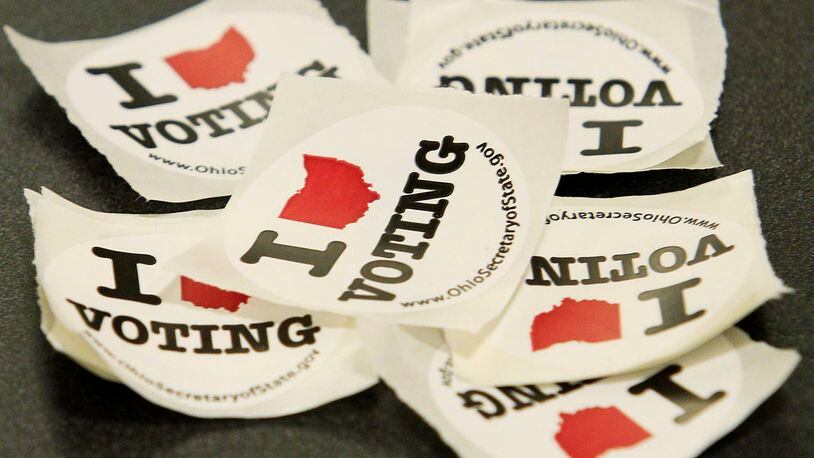The proposal that will appear on the Nov. 7 ballot is a five-year, 3-mill levy that would generate about $500,000 a year in new revenue for the city.
The levy would cost property owners approximately $105 a year for every $100,000 in property value, according to the city.
If voters approve the tax, the city plans to hire one full-time police officer and one full-time firefighter.
That would enable the city to shift one police officer to serve as a full-time school resource officer for the preschool, Bell Creek Intermediate and Stephen Bell Elementary schools, and the Academy of Greene County, said Bellbrook Police Chief Doug Doherty.
Doherty said a full-time school resource officer will be able to have more day-to-day contact and develop deeper relationships with students and district staff members.
The city currently has 12 full-time police officers, including the chief.
Adding one full-time firefighter will eliminate the need for two vacant part-time positions and bring staffing levels up to two firefighters on duty around the clock, said Bellbrook Fire Chief Jim Neidhard.
Neidhard said it’s been tough to fill the part-time positions as other nearby departments are filling full-time positions.
Bellbrook currently has seven full-time firefighters, including the chief, 10 part-time firefighters and two volunteer firefighters.
The need for new revenue exists in-part because of state cuts that are impacting local communities, according to City Manager Mark Schlagheck.
Data provided by the city indicates that Bellbrook has lost approximately $250,000 a year from state cuts to the local government fund, cuts in the estate tax and reimbursements for other property taxes.
Schlagheck said the city does not collect an income tax and has been dipping into its reserve funds to make up the difference between revenue generated in existing levies and the annual costs to operate.
“We think we’ve been very fiscally conservative over the years, but the time has come that we need to ask for this money,” Schlagheck said.
A portion of the potential new revenue, an estimated $25,000 -per year, would be earmarked for improvements to the downtown area, which may include sidewalks and decorative street lighting.
About the Author
